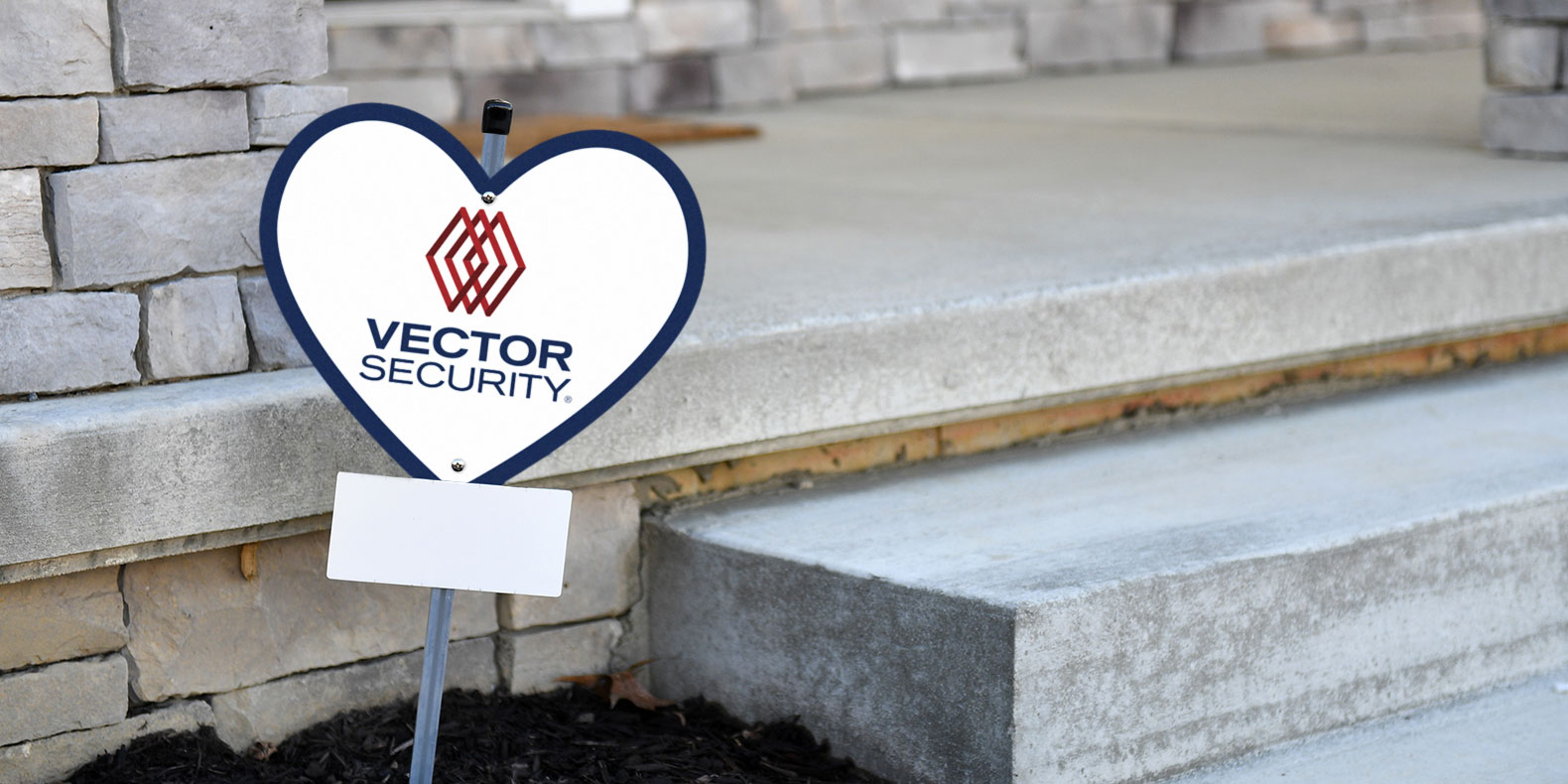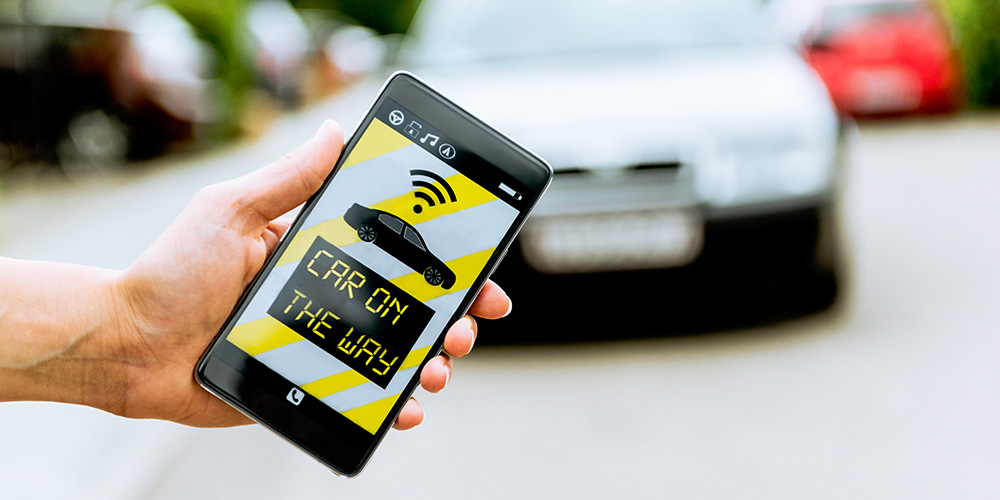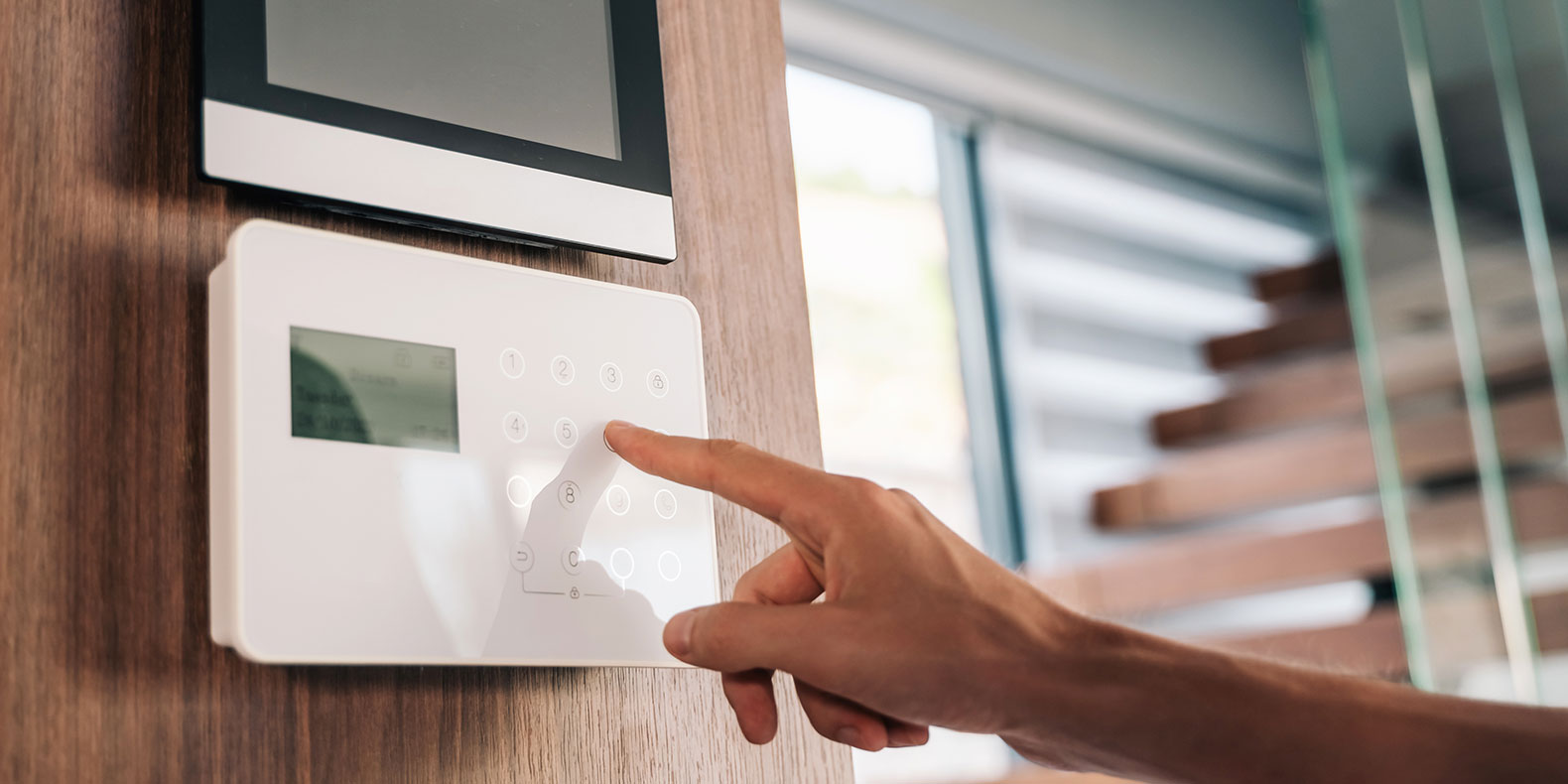New innovations can make everyday tasks more efficient and convenient. But, the rate of technology change can also cause unforeseen challenges. Below, we explain the new API restrictions for Gmail, what it means for If This Then That (IFTTT) integrations and how it could impact your smart home ecosystem.
What is IFTT?
If This Then That (IFTTT) is a free web-based service that allows users to connect cloud services and Internet-enabled devices to make sequences of conditional statements, called applets. These applets are small programs that use triggers (If This) to execute actions (Then That). For example: “Every time my home security camera records activity (If This), email me the recording (Then That).”
When IFTTT first launched, many of its service integrations were developed in-house. However, as IFTTT progressed, companies that provided specific services began to manage their own integrations. Most rely on open APIs to transfer information between different apps and devices in the IFTTT ecosystem.
How the New Gmail API Rules Affect IFTTT Integrations
While there are millions of use cases for IFTTT, home security is a common one. IFTTT allows do-it-yourself (DIY) homeowners to connect a myriad of home security and automation devices that would otherwise not communicate with one another. In many instances, this was done using advanced features offered via the Gmail API.
However, in an effort to tighten security, Google announced new API rules at the end of March that limit access to Gmail content for third-party apps, including IFTTT.
The API now only allows users to send emails to themselves or others, removing the ability to initiate Gmail triggers and create drafts.
How This Impacts Home Security and Automation
If your system includes DIY solutions that you have piecemealed together using the Gmail API integration on IFTTT, you may have to find new ways to integrate your home security equipment or be left using multiple apps to control your smart home devices.
As vendors change strategies, upgrade technology or get acquired by other companies, we will continue to see integrations eliminated or abandoned. Companies can shut down platforms or abruptly change service plans, leaving the consumer searching for alternative solutions to support their smart home ecosystem.
Fortunately, the Vector Security Home Automation app has its own infrastructure, which protects the homeowner from uncontrollable vendor changes. Our app uses award-winning technology and cloud services to power security and smart home solutions—all from a single platform.
Our products are consistently tested to ensure seamless integration and compatibility within the smart home ecosystem. This allows our Home Automation app to withstand evolving technology. This is why you can rely on us to curate, support and unify the best home automation products on the market for a great experience—every time.
What are some of your concerns regarding the new Google API changes? Share in the comments below.



